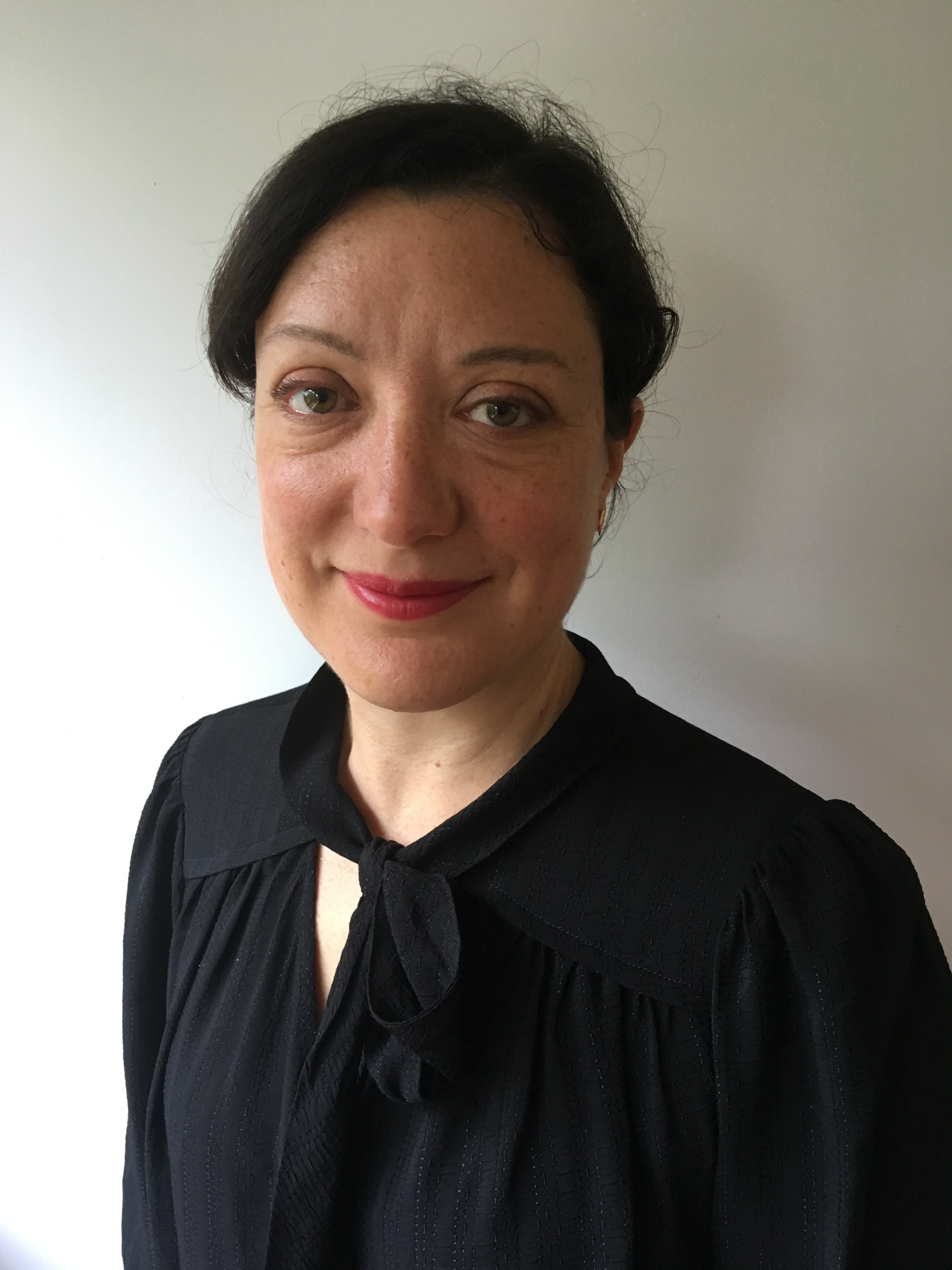Channel 4: How to bring project management discipline to a ‘seat of your pants’ workplace

Sonia Sharma is setting up Channel 4’s first ever enterprise-wide project management office. This is a huge step for an organisation that, over the course of its 37 years of broadcasting, has preferred a looser, ‘fly by the seat of your pants’ approach to running the corporation. It has a ‘creativity first’ culture, preferring to bring on board big picture thinkers that aren’t afraid of a little risk.
Sharma already has form at the broadcaster, having set up a project management office for its technology projects. She is now head of corporate planning, with a remit to apply her project management skills across the organisation.
“I see my first year here as really trying to build the business case around why this needs to be a proper function,” she says. “I need to show that project management can bring benefits in terms of saving money, bringing in efficiencies and doing things well.”
Here’s how she’s winning the creatives round to project management thinking:
Hold leadership cinema sessions
The lack of bureaucracy has proved a benefit in getting projects off the ground quickly, but it’s no good if staff across the organisation aren’t on board. Sharma is converting people using a ‘softly softly’ approach, following the process she used when building the tech function. She’s starting by gathering information, followed by prioritisation.
In an environment where people aren’t used to project management, it’s not a good idea to start talking about PRINCE2 from the off – people will switch off, she says. “You’ve got to get people to understand what all these new things are, but then do it at their pace.”
Sharma’s approach is to create allies within the organisation and use them to spread the word. If people resist, she works hard to win them over. She runs ‘leadership cinema sessions’ in Channel 4’s in-house cinema, where she updates executives on what is happening and what they can expect next. These are supported by team meetings and one-to-one sessions, which she calls ‘project therapy’.
Create project boards
Sharma has already identified the nine biggest projects at Channel 4 and has put frameworks, templates and governance in place. The organisation also has seven ‘Super X projects’ worth more than £3m each, and defined as business critical.
These Super X projects range from Channel 4’s ‘nations and regions’ strategy for its HQ relocation to Leeds and its creative hubs in Glasgow and Bristol, to sales, digital and IT projects, such as the All4 subscription service and the development of the Digital Content Unit.
To deliver on all of these projects, Sharma has set up project boards, including an executive project board. “We are trying to do a hell of a lot of stuff,” she says. “We need visibility of the information so the executives can make the decisions they need to.”
Have a key executive champion
Lynette Huntley is chief of staff to CEO Alex Mahon. She has been instrumental in setting up the project management office, convincing Mahon that it was necessary.
She explains that, at its best (like broadcasting the London 2012 Paralympics), Channel 4 pulls together multiple functions to deliver something special. However, with the world becoming more complex and change becoming the norm, something has to give.
“In that environment, we just can’t afford for it all to be in one person’s head. There is a real need for the top table to have visibility on everything that is happening. The frameworks that project management and planning offer enable that in a way that the ad hoc approach just doesn’t.”
Understand the culture
The more creative elements of the organisation are not particularly process-led, creating challenges when it comes to applying project management disciplines. Sharma managed to pull it off because she spent the time to understand Channel 4’s culture.
“She is putting in place the discipline while taking account of the many subcultures that exist within this building,” says Huntley.
Part of this understanding comes with knowing project management’s limits. Programme commissioning remains a project management zone, for example. “As a creative business, more holistically, you could probably go overboard on project management,” says Huntley. “That will be the art of it – making sure we’ve got enough to work better and think more clearly, but not so much that it kills what is precious about a culture that inevitably has to be a bit messy.”
You may also be interested in
How Channel 4 brought project management to the top table (🔒)
5 top tips to help your organisation love your PMO
Brought to you by Project journal, free for all members.
Image: Atto Stock/Shutterstock.com


0 comments
Log in to post a comment, or create an account if you don't have one already.